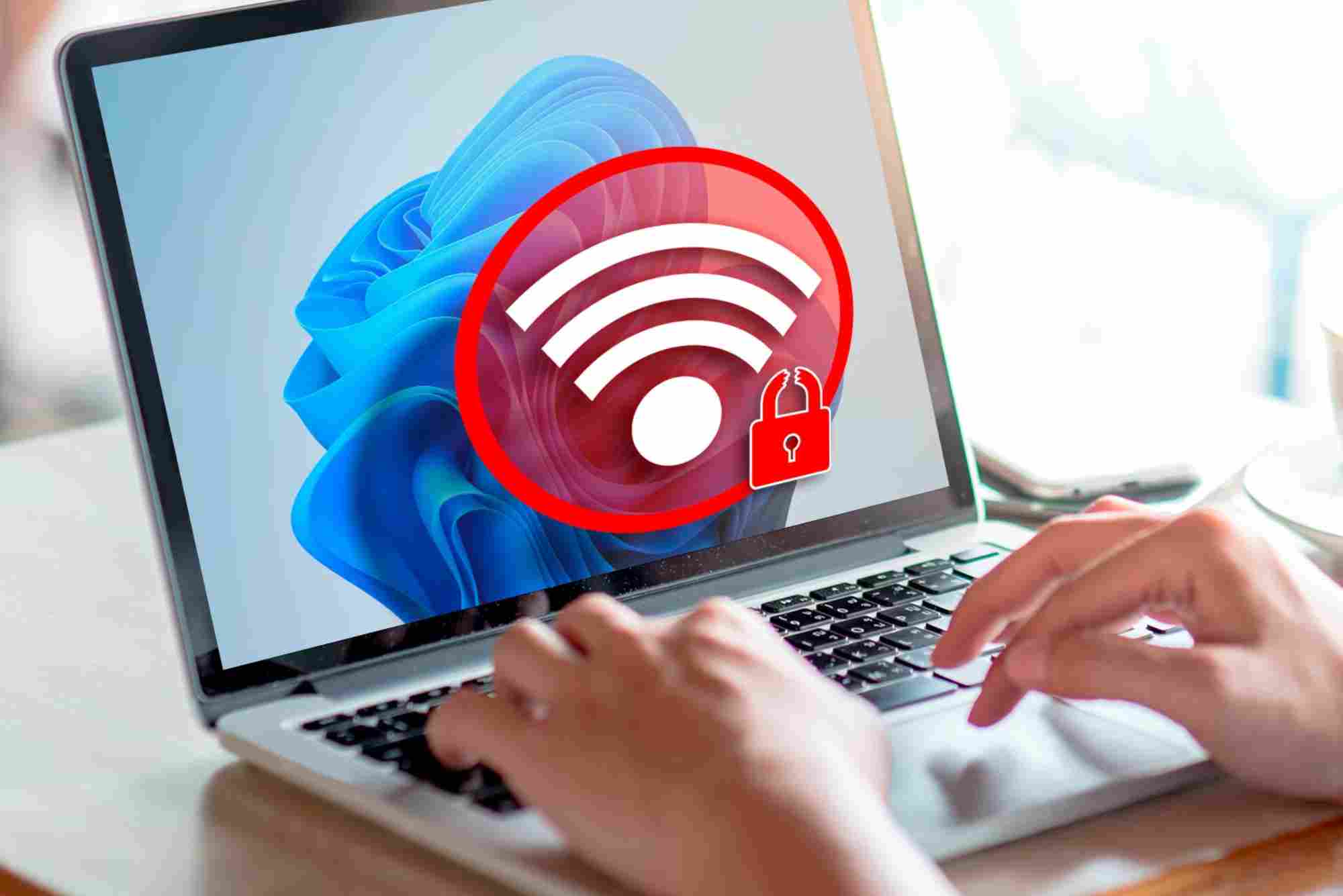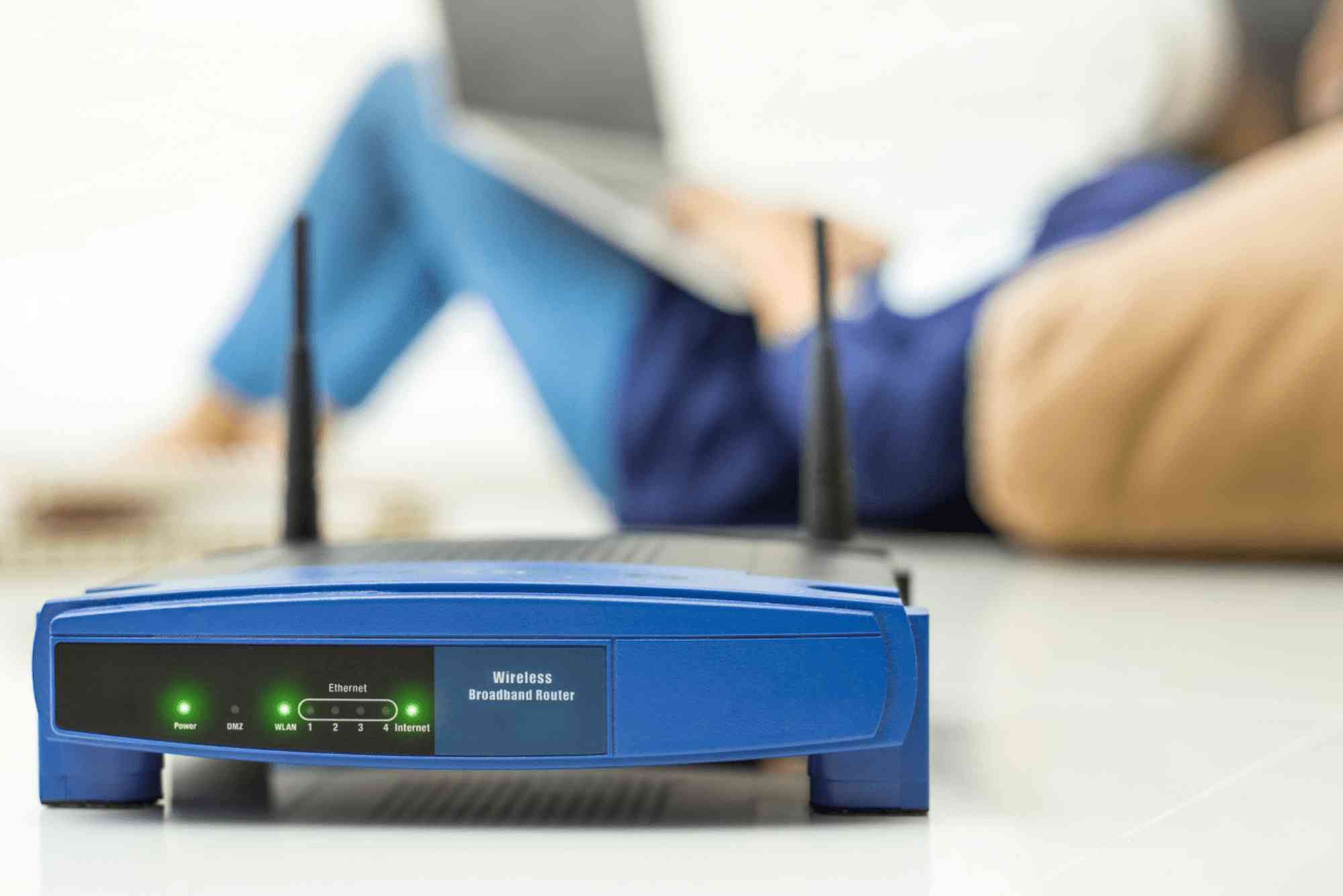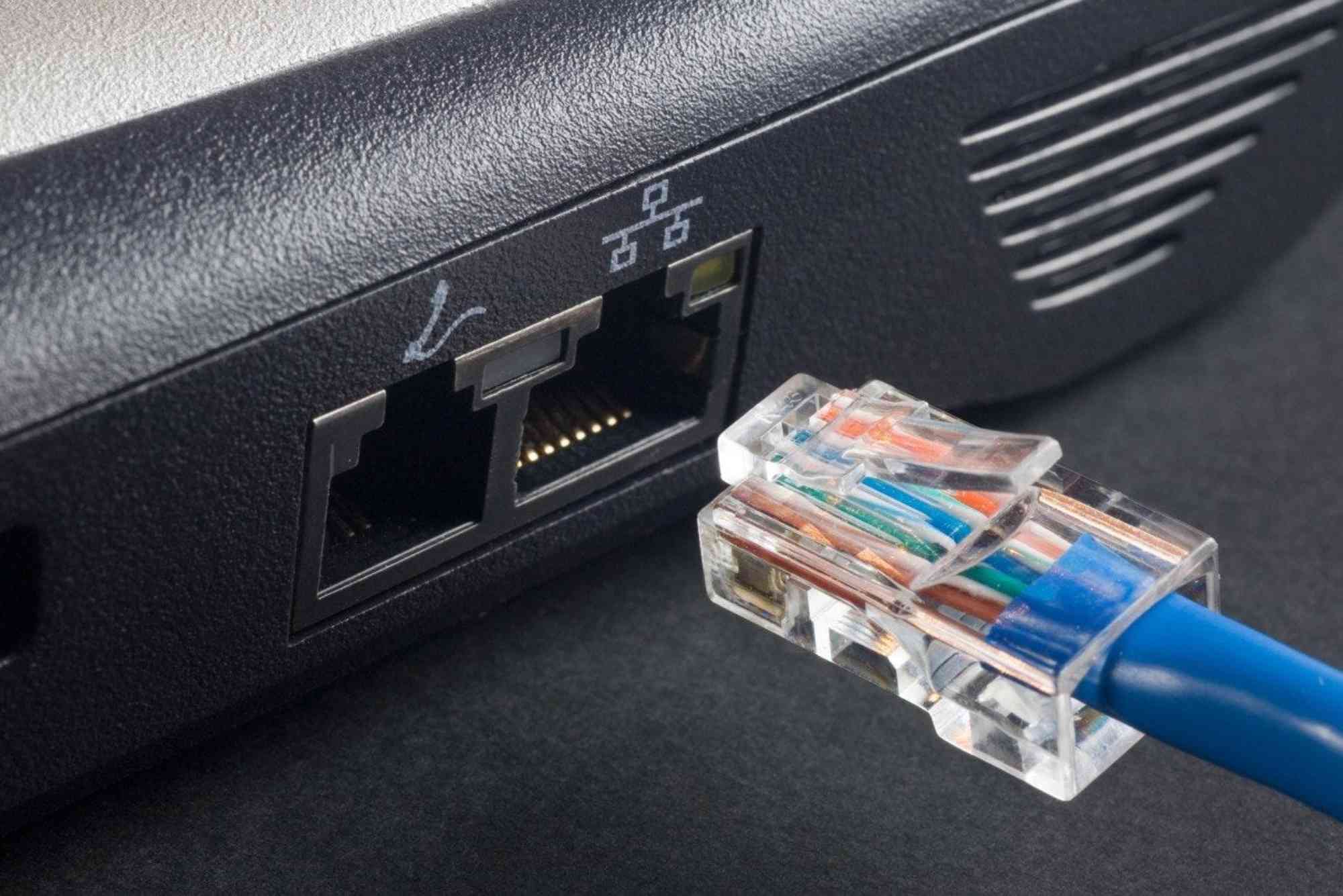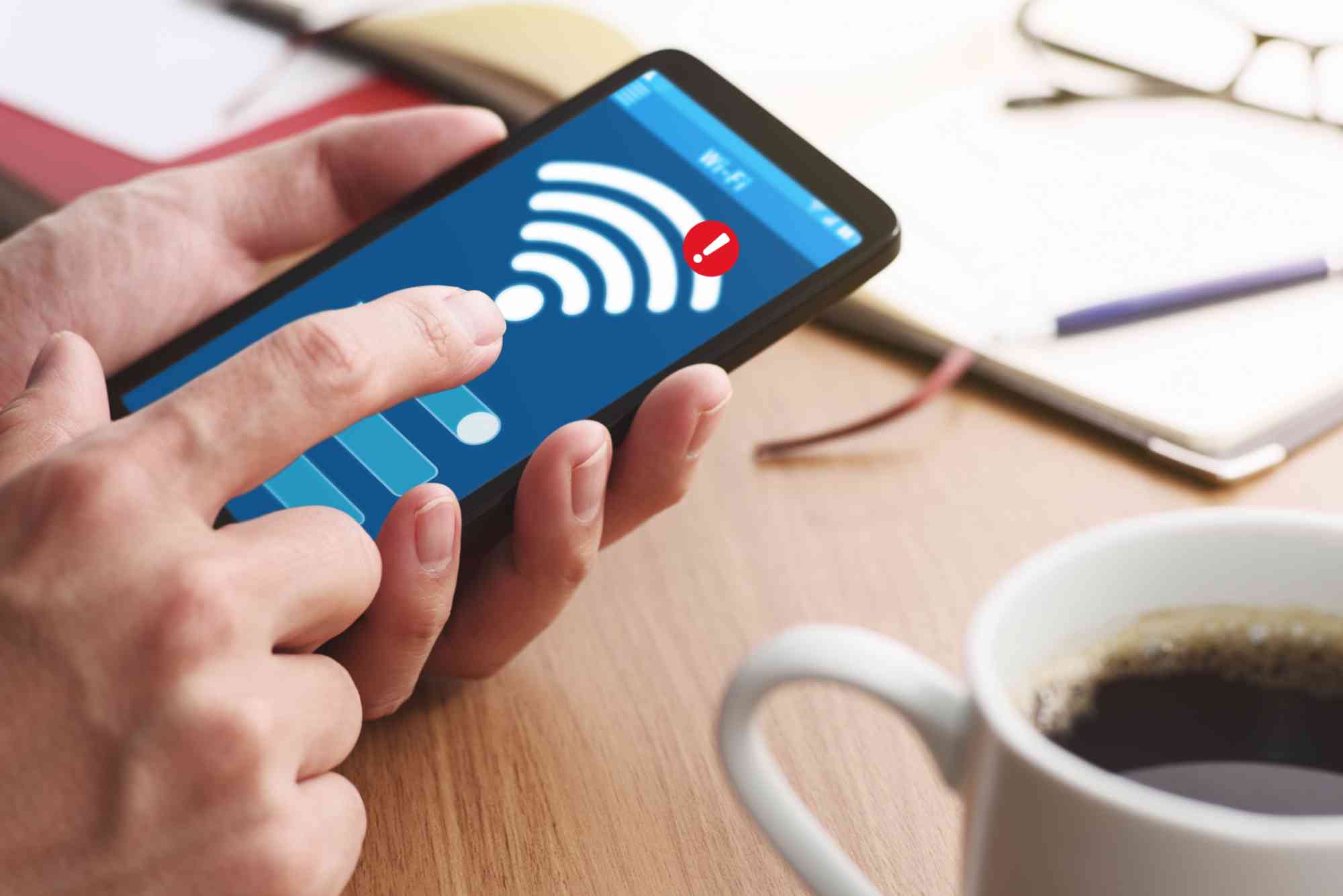Introduction
Smart lights bring convenience and ambiance to your home. However, when smart lights don’t respond, it can quickly turn frustration into wasted time. Whether you’re dealing with a single bulb or an entire room, knowing how to troubleshoot effectively saves effort. In Mountain View and nearby areas, including places like Orange Theory Mountain View, many homeowners rely on smart lighting to enhance their spaces. This guide will show you how to fix smart lights that don’t respond, improve their performance, and keep your smart home running smoothly.
Why Smart Lights Stop Responding
Understanding why your smart lights aren’t responding is the first step. Common reasons include network issues, outdated apps, incorrect settings, or hardware malfunctions. By identifying the underlying cause, you’ll be able to resolve the problem faster and prevent it from happening again.
How to Fix Smart Lights That Don’t Respond
Check Your Wi-Fi Network
Smart lights rely on a stable internet connection. If your Wi-Fi is weak or disconnected, your lights won’t respond. Restart your router and check if other smart devices work. A strong, stable network is essential for reliable performance.
Ensure the Smart Light App Is Updated
Outdated apps or firmware can cause communication errors. Open your smart lighting app and check for updates. Updated apps often fix bugs that cause non-responsive behavior.
Power Cycle the Smart Light
Sometimes, a simple power cycle works wonders. Turn the smart light off, wait a few seconds, and turn it back on. This refreshes its connection and clears minor glitches.
Reset the Smart Light
If power cycling doesn’t work, reset the bulb or switch according to the manufacturer’s instructions. A factory reset erases old settings and allows you to re-pair the light with your app or hub.
Reconnect to Your Smart Hub or App
Smart hubs occasionally lose connection with your devices. Open your app or hub settings and reconnect the device. Follow the prompts carefully to ensure successful pairing.
Check Voice Assistant Integration
If your smart lights don’t respond to Alexa, Google Assistant, or Siri, verify that permissions are granted and the skill or action is active. Sometimes re-linking the account resolves the issue.
Move Closer to the Router
Distance from your Wi-Fi router affects signal strength. If your smart lights are in a far corner of your home, consider moving your router or adding a Wi-Fi extender to improve coverage.
Confirm Compatibility
Not all smart lights are compatible with every hub, router frequency, or platform. Double-check that your bulb works with your chosen system.
Advanced Troubleshooting
Update Your Router Firmware
Routers need updates to stay secure and efficient. Log into your router settings and apply any pending firmware updates. This can improve overall connectivity for your smart lights.
Disable VPN or Firewalls Temporarily
In some cases, a VPN or overly strict firewall can block smart devices. Disable them temporarily to test if they’re the issue.
Replace Faulty Bulbs
Sometimes the issue is simply a defective bulb. Test the smart light in another socket to confirm whether the bulb or the fixture is the problem.
Contact Manufacturer Support
If you’ve tried everything and the light still doesn’t respond, contact the manufacturer. They often provide advanced troubleshooting or warranty replacements.
Tips to Prevent Future Smart Light Issues
Keeping your system updated and your network strong prevents most issues. Place your router centrally, maintain a clear Wi-Fi password, and regularly check your app settings. Routine maintenance ensures your smart lights stay responsive over time.
FAQ Section
Why are my smart lights not responding to my app?
This often happens due to weak Wi-Fi or outdated firmware. Restart your router and update your smart light app to fix it.
How do I reset my smart lights?
Each manufacturer has its own reset procedure. Typically, turning the light on and off several times triggers reset mode.
Why won’t my smart lights connect to Alexa or Google Assistant?
Voice assistants may lose their link to your smart home. Re-link the account in the assistant’s settings and ensure permissions are active.
Do smart lights work without Wi-Fi?
Most smart lights need Wi-Fi or a hub to function fully. Some can still operate manually with switches, but automation features won’t work.
Can a weak router cause smart lights not responding issues?
Yes. Weak or inconsistent Wi-Fi signals are one of the most common reasons smart lights don’t respond. Using extenders or mesh systems helps.
If you’re looking for high-speed, reliable internet to power your smart home, consider Dhanote Internet Services. Fast and stable connections make smart lighting more dependable.
Take Control of Your Smart Lights
Smart lights are an essential part of modern living, but they occasionally stop responding. By understanding the causes and applying the tips above, you can quickly restore their functionality. Whether it’s a network issue, outdated firmware, or compatibility error, taking proactive steps will keep your smart lighting system running smoothly.
If you’re still experiencing problems with your smart lights not responding, don’t hesitate to upgrade your home network or contact your device manufacturer for help. A little maintenance now prevents big frustrations later — and ensures your home stays bright, convenient, and connected.







